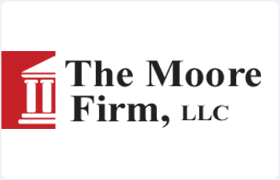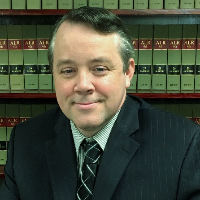Belle Mina Felony Lawyer, Alabama
Sponsored Law Firm
-
 x
x

Click For More Info:
-
The Moore Firm, LLC
917 B Merchants Walk Huntsville, AL 35801» view mapCriminal Defense Law Assertive. Dedicated. Thorough.
The Moore Firm, LLC knows how to interpret Alabama law to your best advantage. Our lawyers are passionate about their work and fearlessly strive for the results you require.
800-899-8050
Not enough matches for Belle Mina Felony lawyer.
Below are all Belle Mina Criminal lawyers.
Jonathan Donald Watson
Criminal, Immigration, Family Law, Personal Injury
Status: In Good Standing Licensed: 14 Years
Paul Ray Holland
Traffic, Employment, Divorce & Family Law, Criminal
Status: In Good Standing Licensed: 33 Years
James Ralph Bryant
Lawsuit & Dispute, Divorce & Family Law, Criminal, Accident & Injury
Status: In Good Standing Licensed: 28 Years
Harlan D. Mitchell
Criminal, DUI-DWI, Divorce & Family Law, Car Accident, Collection
Status: In Good Standing
FREE CONSULTATION
CONTACT Shannon Moore Huntsville, AL
Shannon Moore Huntsville, AL Practice AreasExpertise
Practice AreasExpertise
